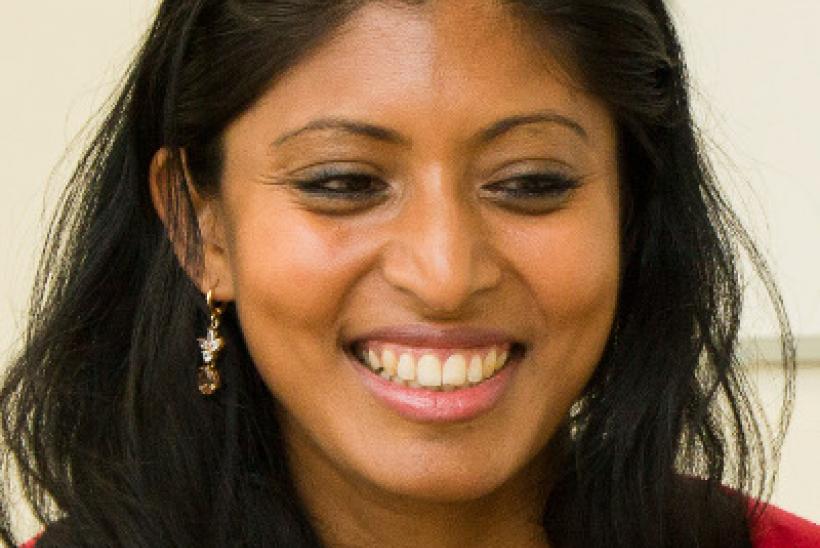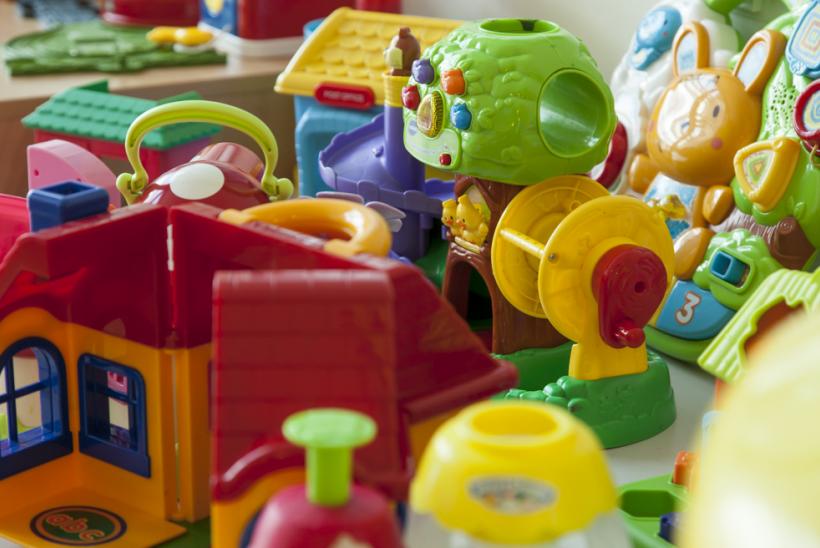Q+A with Bahee Van de Bor, Specialist Paediatric Dietitian at Great Ormond Street Hospital for Children

Baheee Van de Bor
Specialist Paediatric Dietitian
Having studied nutrition and dietetics at university in New Zealand, she went on to publish her first cookbook for people with renal or kidney disease. At Great Ormond Street Hospital (GOSH) Ms Van de Boor works with many different departments to provide expert advice for the children in her care including gastroenterology, SNAPS, nephrology, metabolic medicine and the epilepsy team in reference to the ketogenic diet.
Ms Van de Bor is the owner of UK Kids Nutrition and can provide advice for a number of feeding difficulties and choices (such as breast feeding or weaning) for babies, pre-school children, school age children and adolescents as well as providing advice on exclusion diets including food allergies and aversions, vitamin/mineral intake and weight gain and growth monitoring issues.
Ms Van de Bor regularly teaches at Masters level and to a multidisciplinary audience at national and international level. She recently prepared and delivered a renal teaching module in Kuwait and delivered a lecture on nutrition in children with short gut in France.
Ms Van de Bor is currently developing a web-based application for use by children and families following a ketogenic diet.
Q:How can you tell if your child is obese and not just chubby? At what stage is your child’s weight something to worry about?
For children, growth is monitored by reviewing both weight and length/height using age appropriate growth charts. Once a baby starts to walk, check that their weight centile is not consistently two centiles above their height centile. A referral to a paediatric dietitian for discussion around food intake may be useful for parents who are unsure whether their child growing appropriately. Breastfeeding exclusively up-to 6 months of age can also protect babies from gaining excessive weight.
Q:If you suspect your child may be overweight, what’s the best thing to do first? Should you take them straight to the doctor? Should you put them on a diet and if so should you tell them you are putting them on a diet?
If you are worried about your child’s weight, do discuss your concerns with your doctor or children’s dietitian. It is best to avoid putting your child on a ‘diet’ and refrain from counting calories or following food trends. Instead, focus on age-appropriate portion sizes and nourishing foods such as whole grain breads, cereals, fruit and vegetables. A dietitian can review your child’s intake in detail and offer individualised advice. Often a family approach is recommended so that the child does not feel singled out. Instead of talking about diets, teach children about nutritious foods and why it is important to eat fruit and vegetables.
Q: How should you talk about obesity and weight with your child? What sort of language can be damaging/ helpful?
It is important to teach your child to be comfortable with their body regardless of size. Focus on positive messages about food and exercise. Be a role model, encourage family meals by enjoying these at set times at the table whilst offering plenty of praise when vegetables are eaten. Teach children to enjoy their food and listen to their body by ending the meal once full.
Q: How can you encourage your child to make healthier food choices? Should you warn them that unhealthy food can lead to obesity? Should you teach them about unhealthy food being treats, or can this have the reverse affect?
The best way to encourage children to eat healthy food is by eating it yourself and offering it daily at home. Teach children that takeaways, fast foods, high fat and sugary snacks can be enjoyed occasionally but not daily and why.
Q: What should you do if your child is being teased or bullied for their weight?
If your child is being bullied seek immediate help. Speak to the school teacher and the head of school for further advice. Reassure your child and let them know that they can openly discuss their feelings with you. Speak to a professional if you are worried.


